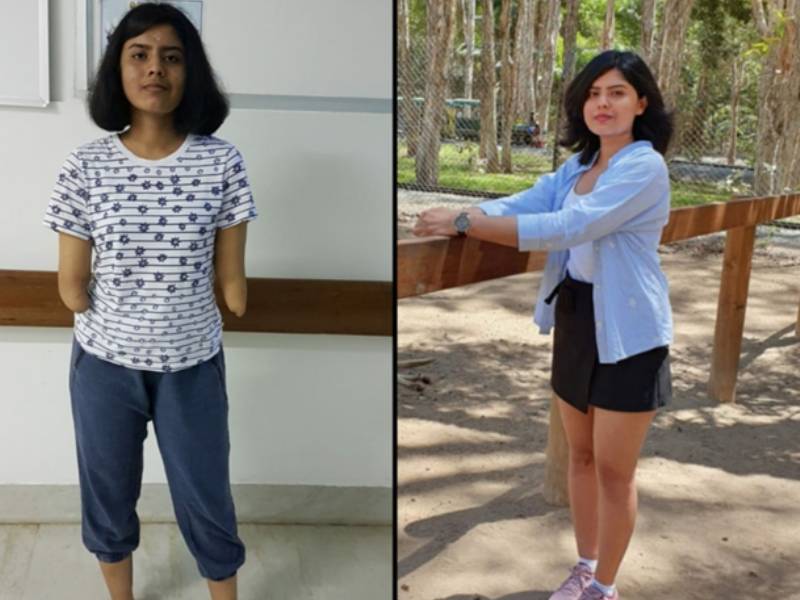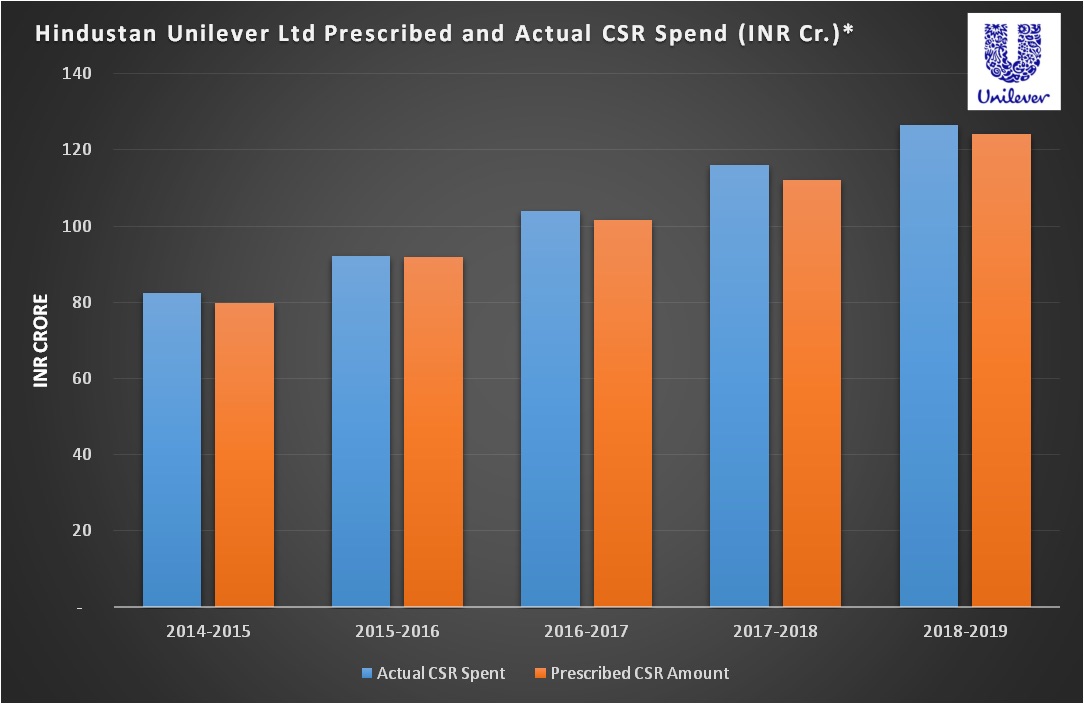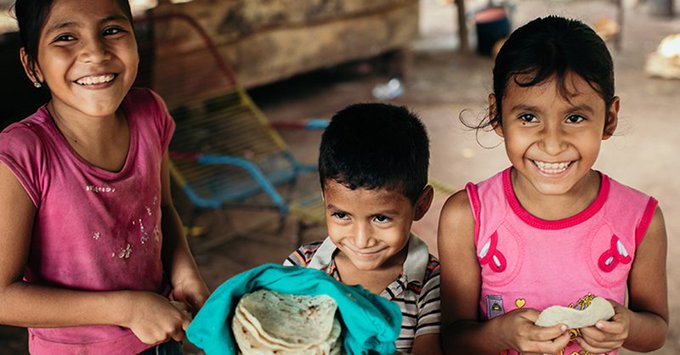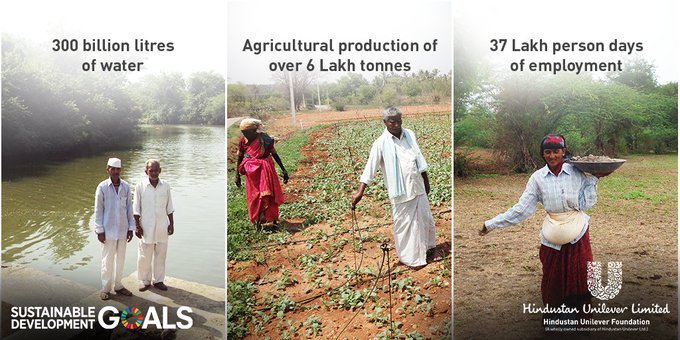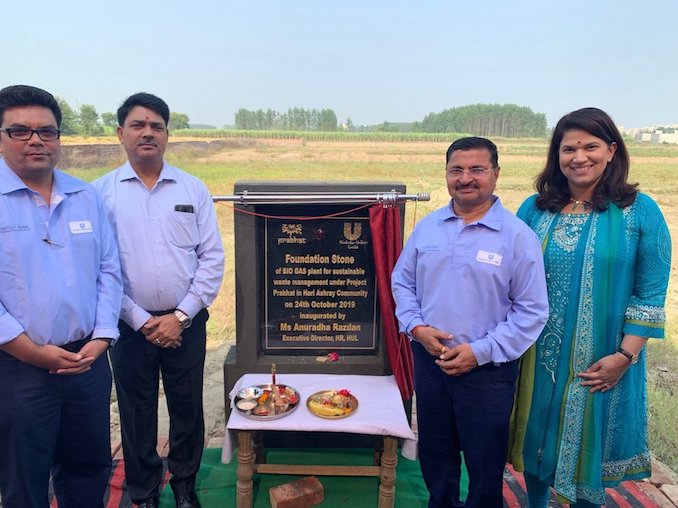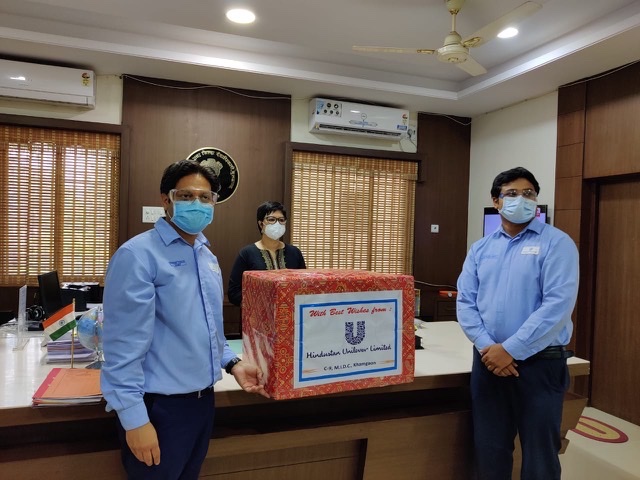Reaffirming its commitment to upholding the tenet of universal access to education, Avashya Foundation has been implementing the Allcargo Disha and Disha Career Seed projects to provide equal learning opportunities to deserving underprivileged students. The Maharashtra Higher Secondary School Certificate Examination (HSC) results announced recently bear testimony to this fact as students trained and supported by Avashya Foundation have performed exceedingly well in the examination.
Avashya Foundation had provided scholarships to 450 students in Mumbai for the academic year 2019-20. Out of 450 students, 26 students appeared for the HSC exam and passed the same with flying colours. Furthermore, a few students in the Secondary School Certificate Examination (SSC) scored 92% and 91%, respectively. Overall, girl students performed relatively better than the boys.
Girl students – Momin Mustak and Gulshan Shaikh of Bunts Sangha Arathi ShashiKiran Shetty Junior College Kurla, scored 80% and 84.3% respectively in the HSC exams. Coming from humble economic backgrounds, both the girls received scholarships under the Allcargo Disha project for continuing their education. Avashya Foundation has been instrumental in providing emotional support to them and their families along with career counselling and guidance. Both students have been consistently brilliant in their academic performance and aspire to become Chartered Accountants.
“Bringing students from underprivileged communities into the educational mainstream is the key to building an inclusive and egalitarian society. Access to education can also prove to be a pivotal factor in helping lay the foundation for the sustainable growth and development of the students and their future generations. Avashya Foundation will continue to spearhead several student-centric programs and learning initiatives to help children realize their potential and achieve great heights in life,” stated Arathi Shetty, Non-Executive Director, Avashya Foundation.
“The relentless determination to succeed against all odds and the grit to surpass all challenges distinguish these children from their peers. Avashya Foundation will be active in extending outreach to children from marginalized communities and handholding them in their efforts to achieve extraordinary levels of academic success and excellence,” stated Dr. Nilratan Shende, GM CSR, Allcargo Logistics.
Over the years, CSR of Allcargo Logistics has been instrumental in coordinating with the students, parents and school. The organization along with its volunteers played an enabling role in helping achieve the amazing success rate in the HSC exams. The Gold Culture team of Avashya Foundation also worked hard on motivating the students to achieve their best through thorough guidance and enthusiasm.
Disclaimer: This media release is auto-generated. The CSR Journal is not responsible for the content


